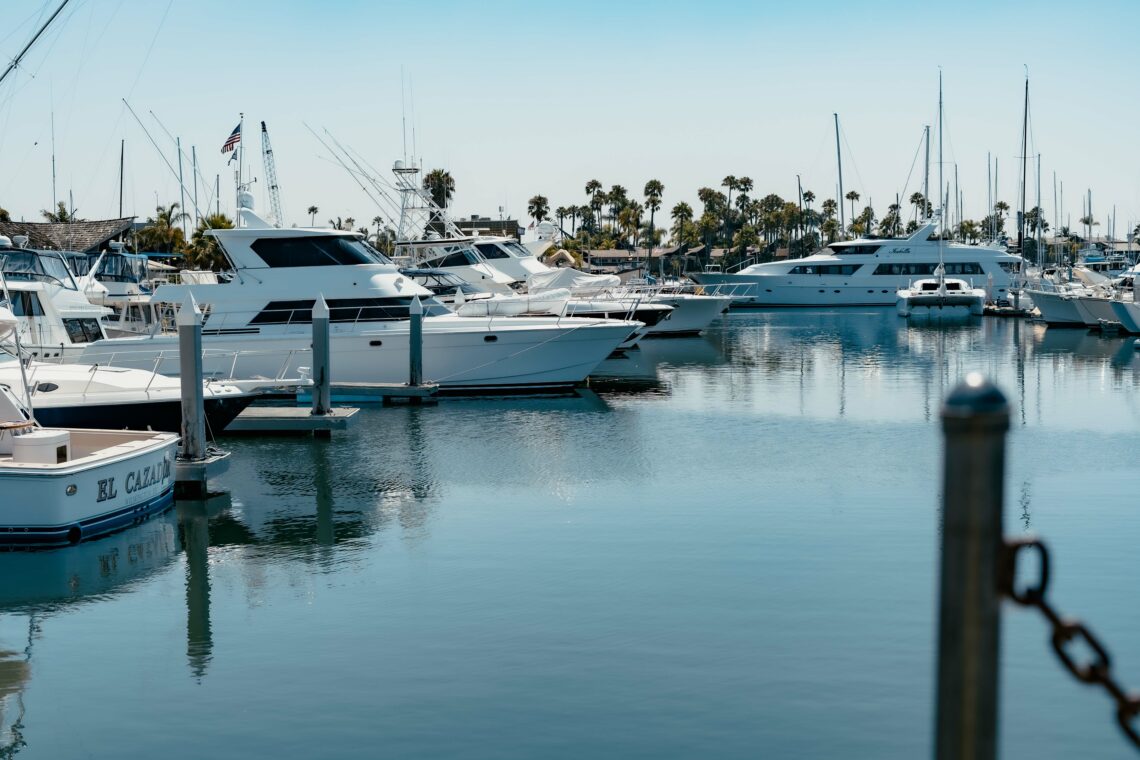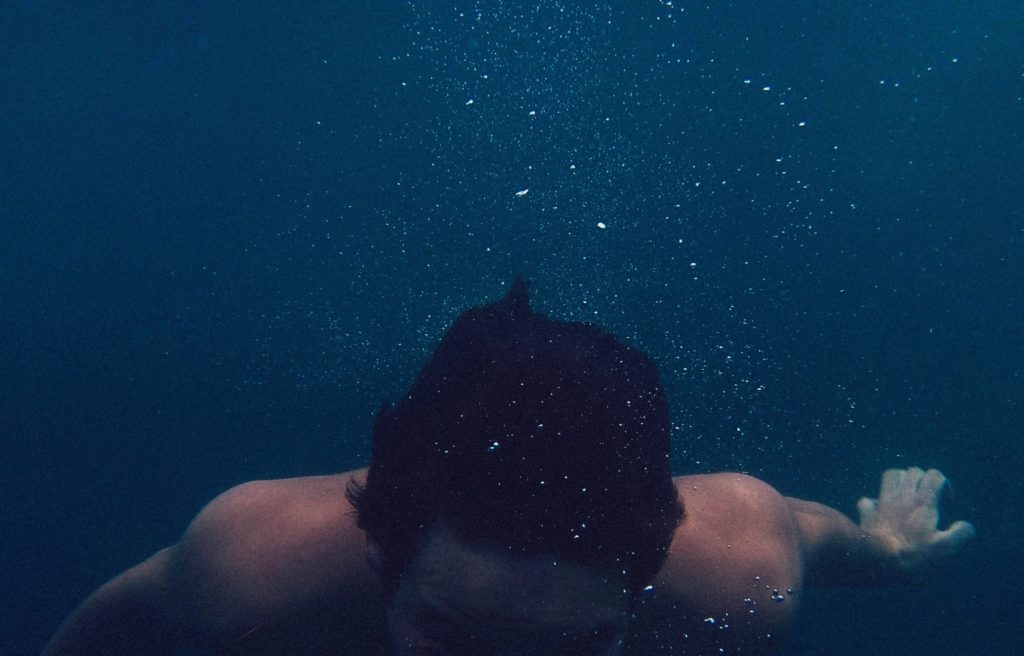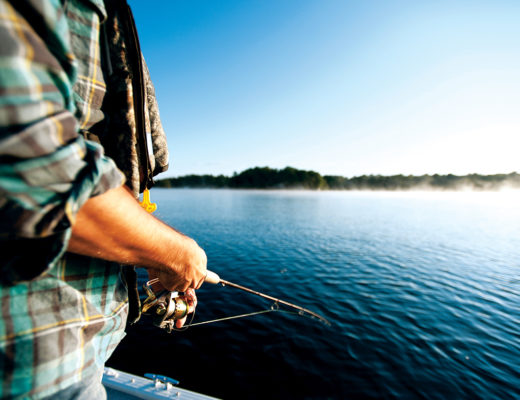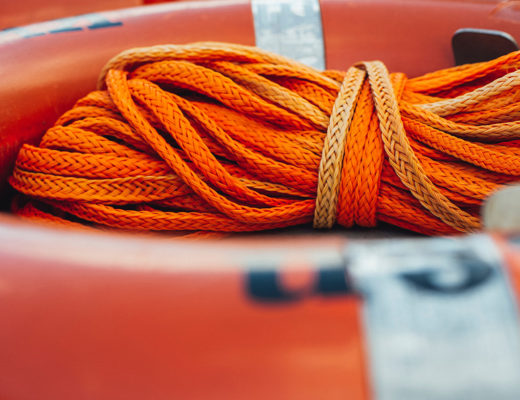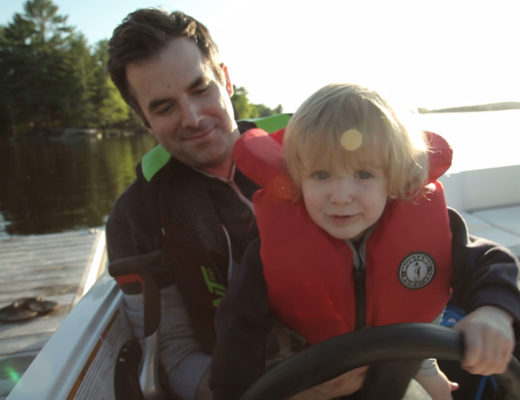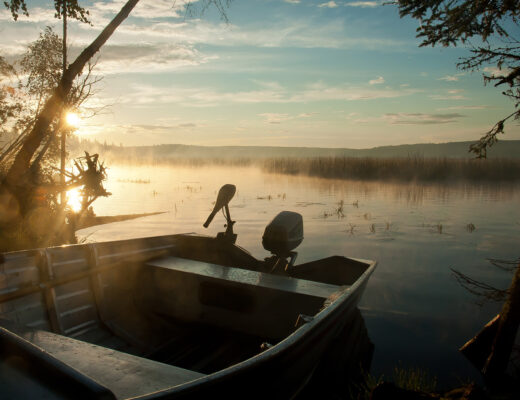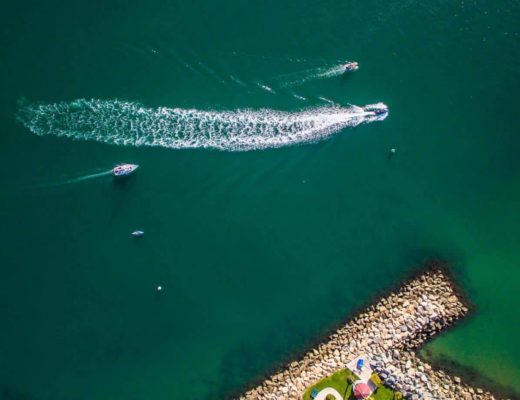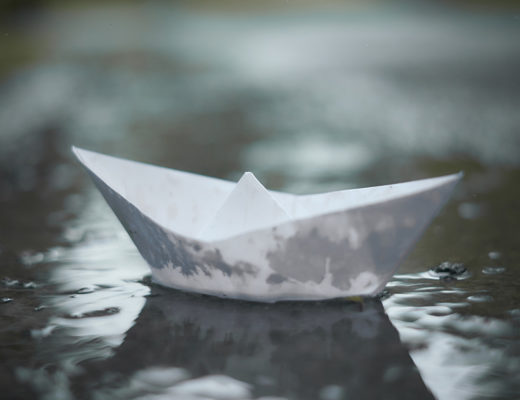At times, we get a lot of phone calls. It turns out that Canadians call BOATsmart! to find answers to all sorts of questions about boating and Canada’s Boating Laws.
We’ve been asked everything from, “How do I dock a boat?” to “How do I get a Canadian Boating License?” to “Will you marry me?” (yep, our Customer Care Advisors are that good at their jobs!)
Last but certainly not least, we hear from a lot of Canadians who are all wondering what the laws are for boating with alcohol in their province or territory.
So, let’s clear the fog and get you on the right track to stay safe (and legal) while boating anywhere in Canada.
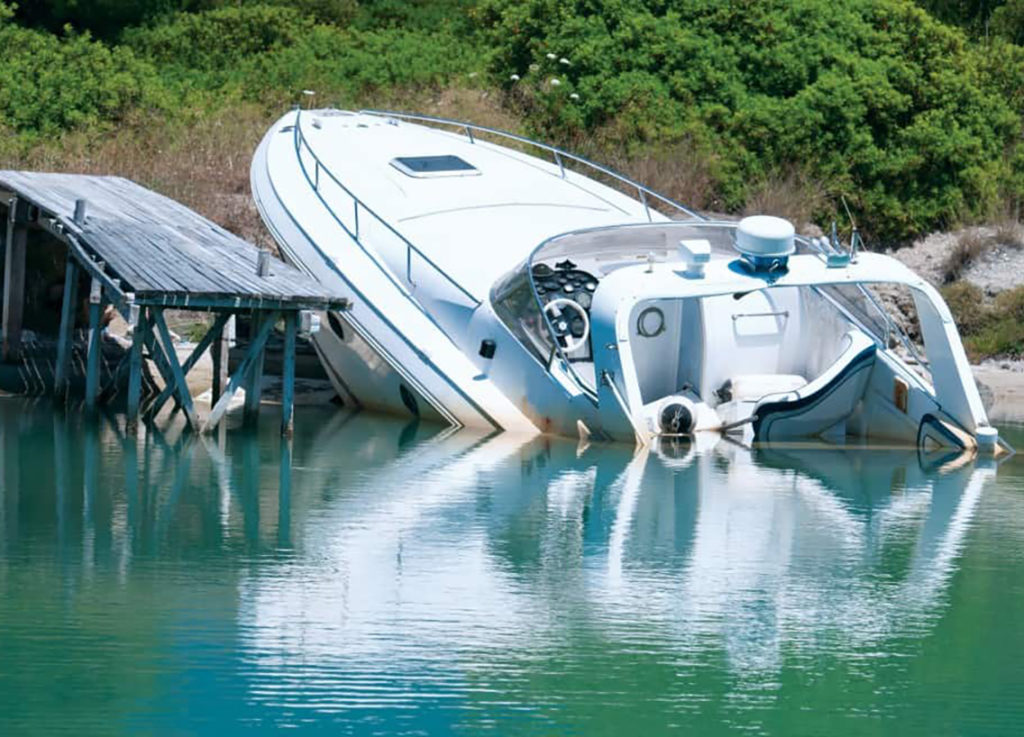
Taking a “Booze Cruise?” You Could Lose Your Driver’s License
In Canada, operating a boat while under the influence of alcohol or drugs is an offence under the Criminal Code of Canada. Authorities consider you to be”‘impaired” or “under the influence” if you’re tested (with a breathalyzer or blood test), and the results determine that your Blood Alcohol Concentration level (BAC) is in excess of 80mg.
Sure, people’s tolerance level to alcohol may vary, but this number does not: 80mg = drunk boating.
And for good reason — alcohol consumption leads to 65% of boating-related accidents in Canada.
What Are The Penalties For Drinking and Boating in Canada?
If you’re convicted of operating a boat while under the influence of alcohol or drugs in Canada, you could face the following minimum:
- 1st Offence: Minimum fine of $600
- 2nd Offence: Minimum fine of $600 and potentially 14 days in prison
- 3rd or Subsequent Offence: Minimum fine of $600 and potentially 90 days in prison
The maximum fines and penalties will vary province by province.
When Can I Legally Consume Alcohol On a Boat in Canada?
Boat passengers may legally consume alcohol onboard a boat in Canada as long as the boat is equipped with:
- Permanent cooking facilities
- Permanent sleeping facilities
- A permanent toilet
Additionally, the boat must be secured or anchored alongside a dock.
What does that mean? Most houseboats or yachts will meet these requirements, but not all boat types will.
Regardless of the boat you operate, it is your responsibility to make sure your boat meets these requirements before any passengers crack open any liquor or beer. You must stay sober to make sure everyone gets home safe.
It is always illegal to boat while under the influence. However, the rules about when alcohol can be legally consumed and transported on a boat vary from province to province.
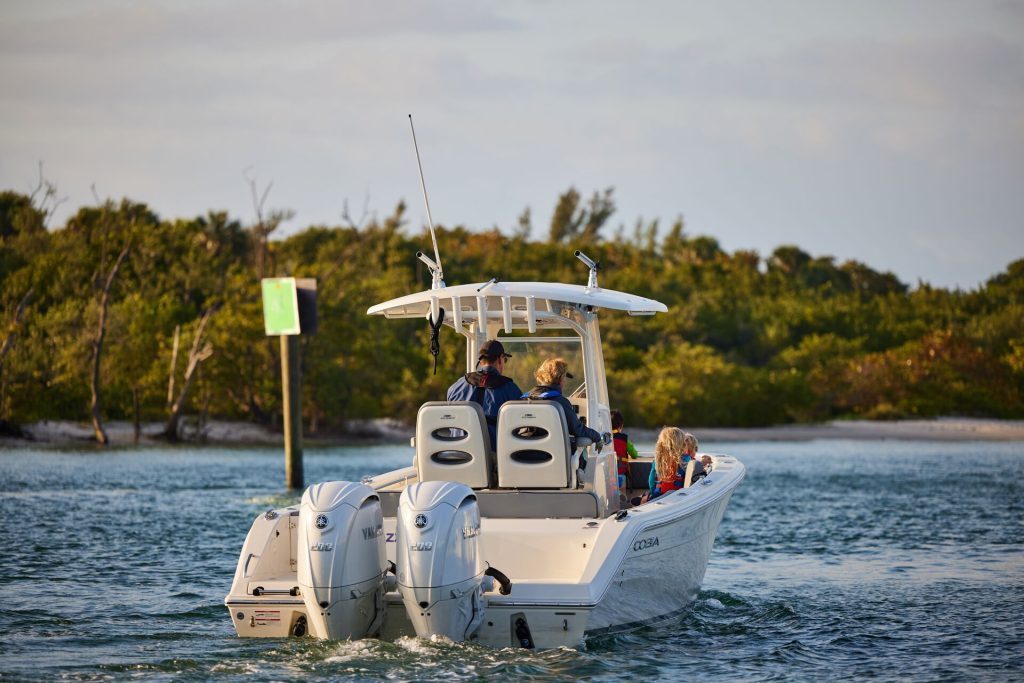
The Laws For Drinking and Boating Vary By Province
We mentioned the laws for boating and drinking vary by province, so let’s take a closer look at the regulations and variations depending on where you boat in Canada.
Remember: boating laws may change over time. So, before hitting the water, check with your provincial police for the alcohol carriage and consumption restrictions that apply to your boat.
Ontario
In Ontario, the fines and penalties for driving a boat while under the influence of alcohol or drugs are the same as those applicable to operating a motor vehicle while under the influence of alcohol or drugs per the Ministry of Transportation.
To be clear: regarding penalties, there is no difference between drunk driving and drunk boating in Ontario.
This can mean that an Ontario boater convicted of BUI may have their driver’s license suspended for a minimum of one year. Ontario’s Ignition Interlock Program can also apply.
Note that boat passengers may consume alcohol on board a boat in Ontario as long as the boat has permanent cooking facilities, toilets, and sleeping facilities and it is anchored or docked.
The Ontario Provincial Police (OPP) can provide more information about these laws and BUIs in Ontario.
British Columbia (B.C.)
Like Ontario, boaters in BC face the same penalties as drunk drivers when operating a boat while under the influence of drugs or alcohol. Again, in this province, there is not a difference between drunk boating vs. drunk driving.
However, you can legally consume alcohol when on a boat in British Columbia as long as the boat is licensed for alcohol consumption or the boat has a permanent toilet, cooking facilities, and sleeping facilities. This bost must also be docked or anchored.
The B.C. RCMP can provide more details about the regulations for boating and drinking in this province.
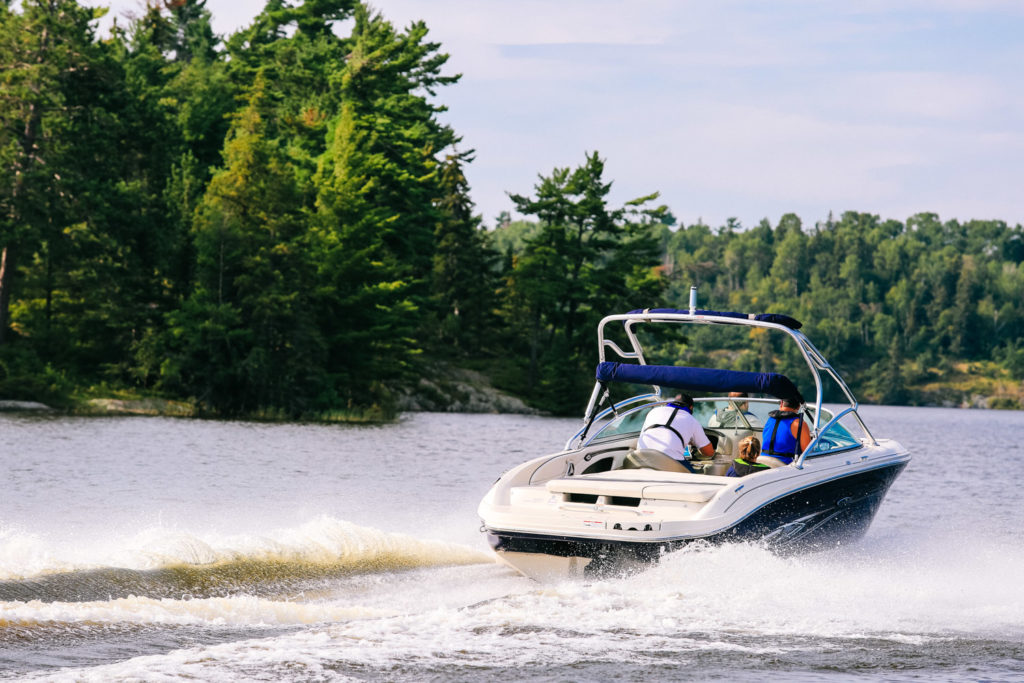
Alberta
As with other provinces, Alberta delivers the same penalties and fines for operating a boat while under the influence of alcohol or drugs as they do for driving a motor vehicle while under the influence.
However, you may consume alcohol on a boat in Alberta if the boat has the same permanent equipment we’ve mentioned: cooking facilities, a toilet, and sleeping facilities. You’ll also need to anchor or dock the boat.
Alberta’s Royal Canadian Mounted Police (RCMP) can help with more information about these laws.
Quebec
You guessed it: In Quebec, the penalties and fines for being under the influence of drugs or alcohol while driving a boat are the same as those that apply to operating a motor vehicle while under the influence.
A BUI (Boating Under the Influence) is no different than a DUI (Driving Under the Influence).
However, boaters in Quebec can carry open alcohol on boats while the boat is underway. Even the boat operator may consume alcohol as long as their BAC level does not exceed the legal limit of 80mg.
For more information about these laws and penalties, contact the Sûreté du Québec (SQ).
Saskatchewan
In Saskatchewan, you’ll find the fines and penalties for operating a boat while under the influence match the fines and penalties for operating a motor vehicle while under the influence. Again, there is no distinction between drunk driving and drunk boating.
However, if your boat has a permanent toilet and sleeping and cooking facilities and is moored to the shore or anchored, you can consume alcohol while on board.
Reach out to Saskatchewan’s RCMP for more information about the laws for boating with alcohol in this province.
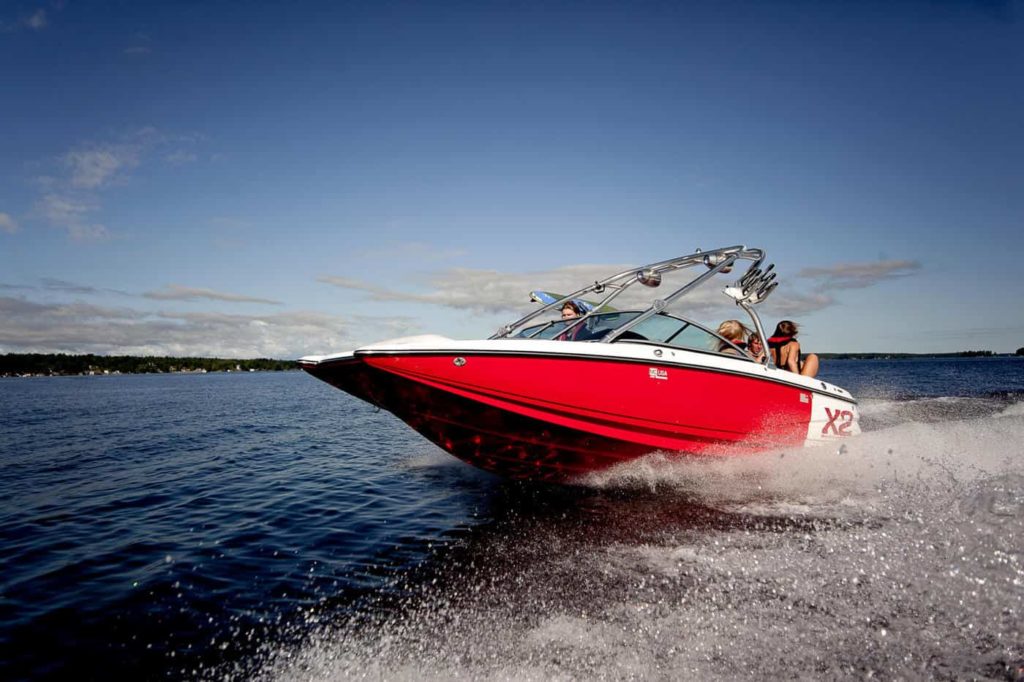
Manitoba
In Manitoba, you’ll also find that the fines and penalties for operating a boat while under the influence of alcohol or drugs are the same as the penalties for operating a vehicle on the road while under the influence.
In this province, it is also illegal to transport open alcohol on boats. Boaers may only consume alcohol on board a boat when it is moored or anchored and has cooking facilities, a permanent toilet, and sleeping accommodations.
Newfoundland and Labrador
We may sound like a broken record, but in Newfoundland and Labrador, the fines and penalties for driving a boat while impaired are the same as those applicable to driving a motor vehicle while intoxicated or under the influence — much like in other provinces.
However, if your boat is anchored or moored and has sleeping and cooking facilities and a permanent toilet, you can consume alcohol on board. The Newfoundland and Labrador RCMP can provide more information about these laws.
New Brunswick
Boating while impaired in New Brunswick means you’ll face penalties and fines matching the penalties for drunk driving. There is no difference between drunk driving and drunk boating.
However, passengers on a boat can legally consume alcohol on board a boat in this province if the vessel is docked or anchored and has a permanent toilet and cooking and sleeping facilities.
Check with New Brunswick’s RCMP for more information about the laws for boating and drinking.
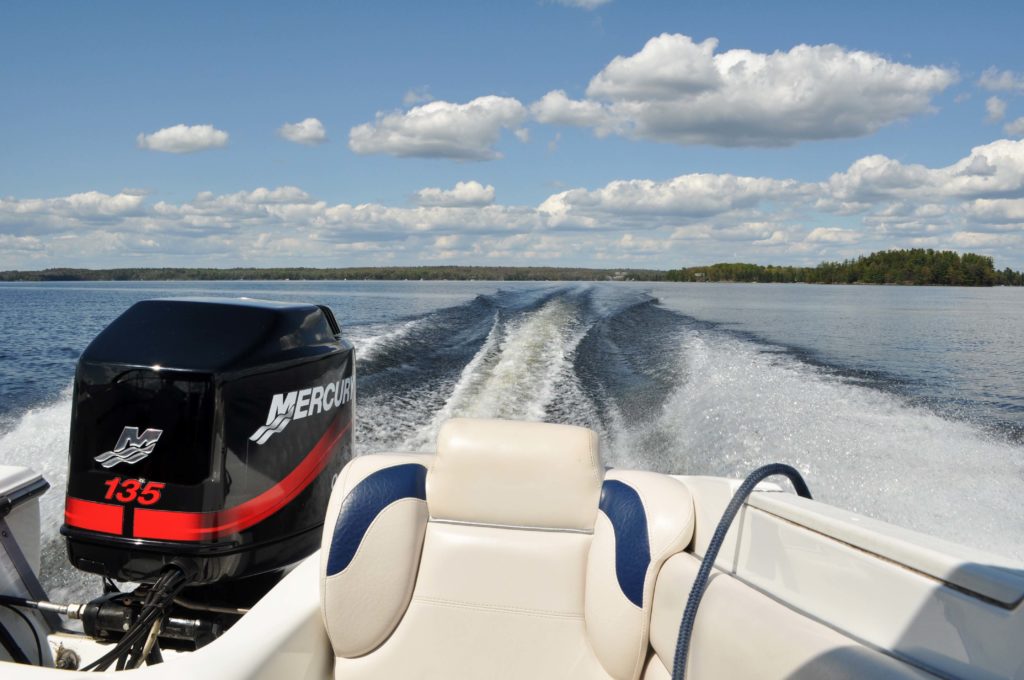
Nova Scotia
Avoid drinking and boating in Nova Scotia, or you’ll face fines and penalties similar to drinking and driving on land.
But, your passengers can enjoy a drink onboard if your boat offers a permanent toilet and sleeping and cooking facilities while anchored or docked.
PEI (Prince Edward Island)
Did you know? When boating in PEI (Prince Edward Island), the fines and penalties for BUI are the same as DUI.
Boat passengers can legally consume alcohol on boats in Prince Edward Island if the vessels have a permanent toilet, cooking facilities, and sleeping facilities. The vessel must also be docked or anchored.
The Prince Edward Island RCMP can provide more information about these laws for boating with alcohol.
The Yukon
The fines and penalties in the Yukon for driving a boat while under the influence are the same as driving a motor vehicle while impaired.
Like other provinces, make sure your boat offers a permanent toilet and sleeping and cooking facilities — while moored or anchored — before passengers consume any alcohol.
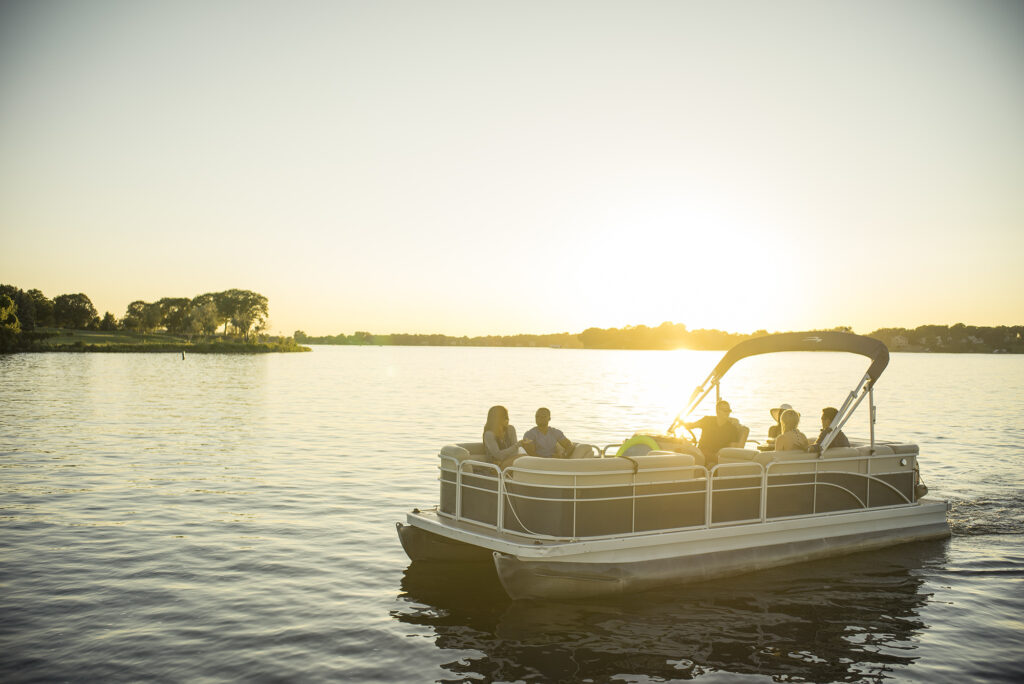
Northwest Territories (NWT)
In the NWT, the fines and penalties for driving a boat while under the influence of alcohol or drugs are the same as those when operating motor vehicles while under the influence.
However, passengers on a boat may legally enjoy drinking on board a boat in this province if the boat is anchored or secured to a dock. The boat must also have cooking facilities, sleeping facilities, and a permanent toilet.
Nunavut
Lastly, when boating and fishing in Nunavut, you’ll face the same fines and penalties for drunk boating as you would for drunk driving.
However, if your boat has a permanent toilet, is anchored or docked, and has sleeping and cooking facilities, your passengers can legally consume alcohol on board.
Understand “Booze Cruise” Risks
Most boaters don’t think about boating fines and penalties until they’re on the lake, in the “penalty moment” getting a ticket from a marine police officer.
Don’t let this happen to you.
Prioritize boating safety, make sure you have your Canadian boating license and all of your required boat safety equipment on board, and know the risks of drunk boating.
Think of it this way: You go boating with the people you love, right? Never risk the safety of your loved ones. Drinking and driving is as dangerous on the water as it is on a highway.
Stay sober on the water boat operators! Enjoy a cold beverage once back on shore or once you’ve met all of the legal requirements for consuming alcohol on your boat.
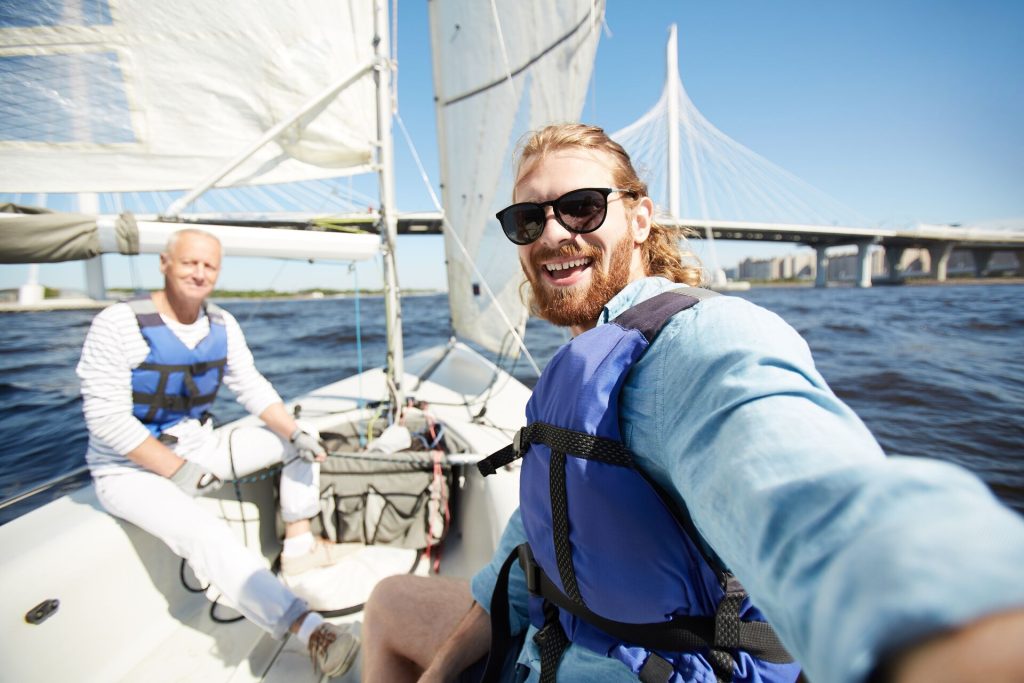
Stay Safe With Boating Education (and Avoid BUIs)
Boating responsibly and following your provincial laws about drinking and boating help you stay safe! After a fun day on the water, reward yourself with a cold beer after you’ve got everyone home safe and sound.
Canada also requires boat operators to have a boater education card (or boating license). To help you meet this legal requirement, BOATsmart! offers online boater safety courses that meet Transport Canada’s requirements for boater education. You can also get your card through our website and then hit the water legally and safely.
First published in May 2018. Content most recently reviewed and updated for relevancy and accuracy October 23, 2024.
